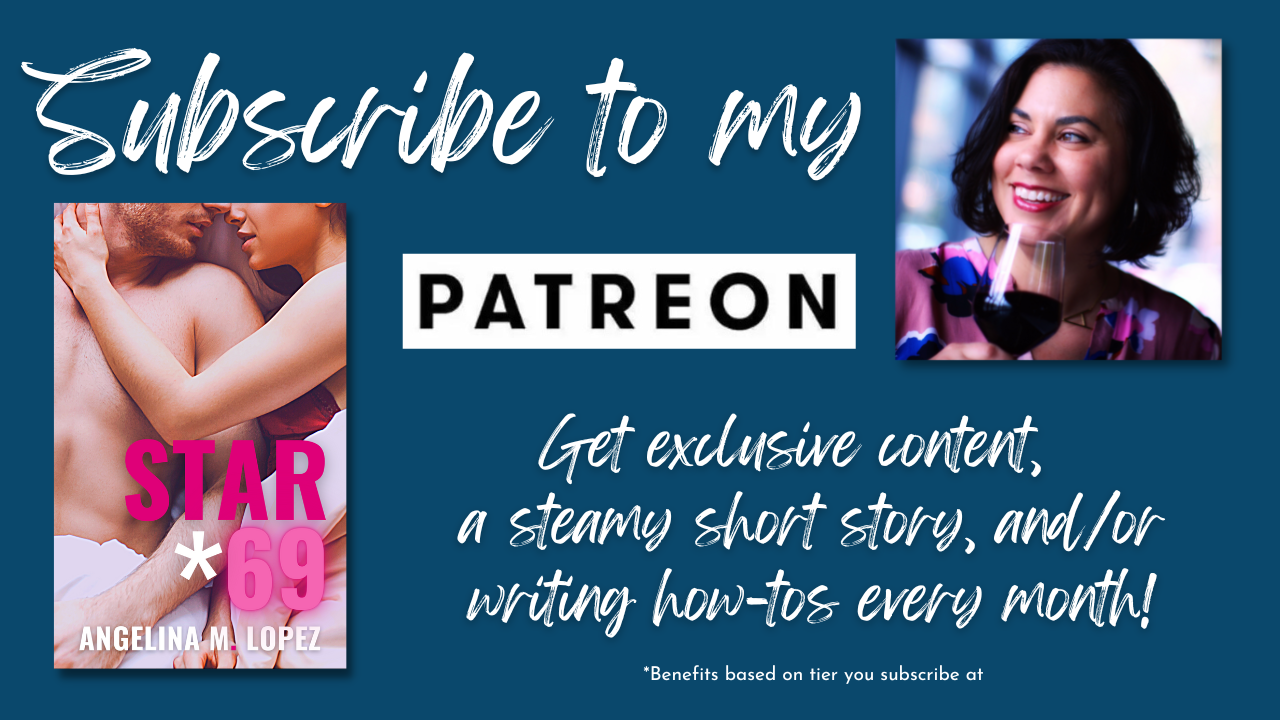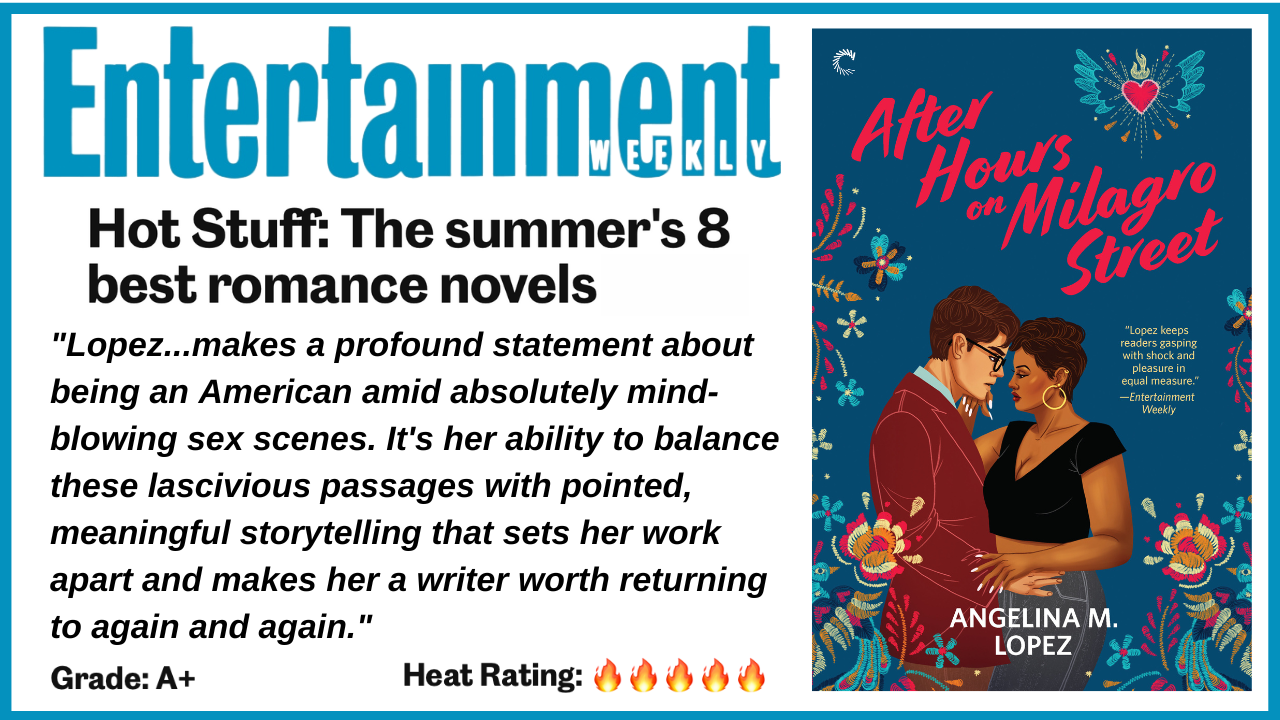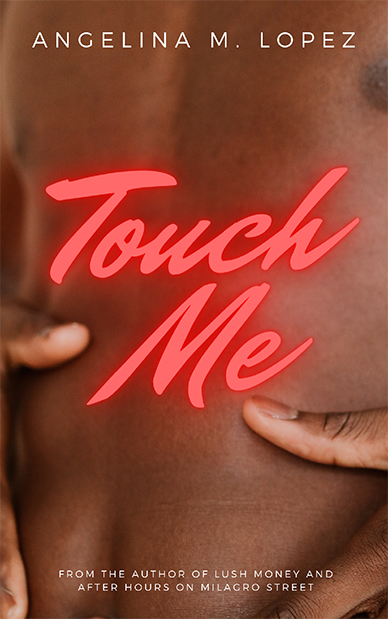You might have read The Phone Call, the free sexy short story about a young widow and her husband’s best friend that I offer to all my newsletter subscribers. If not, you can read it here. You might have been one of the readers who emailed me and said, “I loved this story…but what happens after they hang up?
Where’s the sexy scene?????”
I’m happy to announce that that sexy scene is now available in Star *69, my first steamy short story that I am offering on Patreon. For $3 a month, you can read a steamy short story from me every month!
What’s Patreon?
Patreon is a subscription service that gives you an opportunity to support the creators you really love, and it allows creators like me to deliver bonus content to you.
Why Patreon?
Early in my publishing days, I remember discussions about private jets and pool boys. But alas, the reality of being a published author is that it’s difficult to make a part-time living doing it, even though it's full-time work. Patreon is a way for me to keep doing this job I fundamentally believe I was put on the planet to do.
Weaving together all the stuff I put in my books takes time. Patreon will allow me to deliver quicker short bites of the escapist, sexy, over-the-top love stories that you’ve told me you love.
How does it work?
When you subscribe, you can choose three different tiers.
For $1 a month, you can show me your love and get occasional exclusive content.
For $3 a month, you get access to a steamy short story written by me every month. Love my love scenes? Subscribe and you’ll get a lot of them!
For $5 a month, you’ll get the short story and a blog or video about writing and my writing process. It’s a chance to see behind the scenes of being a working writer.
Here's a preview of my first short story offering, Star *69:
Three years after one of them (Sam) called the other one (Rosemarie) and began their at-least once-a-day phone calls and six weeks after their first astonishing kiss on Valentine’s Day and two weeks after Sam moved into his new (and hopefully temporary) apartment in Boston and four hours after dropping off the girls at her girlfriend’s house for the weekend, Rosemarie fidgeted in silence across from her best friend and new love on their first date.
Not even the low candlelight and heavy rain hitting the windows of this high-end restaurant on the harbor could hide the nerves in Sam’s eyes as he poked at the ice in his Old Fashioned.
If she wasn’t so nervous herself, she could tease this confident, worldly man focused on his cocktail like it was a specimen in a lab. But in a new flowy sapphire silk dress with her hair blown-out and her makeup professionally applied, she felt like a sugar skull that would crumble apart if she behaved like she usually did. He was so gorgeous in the candlelight, a charcoal suit over his fit body, his thick dark-blond hair brushed back when she’d only seen it flicky and wavy, perfectly shaved when she liked his scruff. Rosemarie had watched the cute coat check girl eye him up and down as he’d removed his trench coat and she knew (thanks to her curiosity-killed-the-cat questions about his love life) that it’d taken less provocation for him to approach and take home a woman.
As she carefully pushed a highly sprayed curl behind her shoulder, the reminder that she was finally going to make love to this man who’d experienced the act with so many didn’t ease her nerves.
The movement caught his eye. He flashed a grin that didn’t relax either of them... (Click to keep reading.)
I can’t thank you enough as I take this next step!

























